Yemen says France complicit in war crimes as Macron pitches arms sales in Persian Gulf
A senior Yemeni official has lambasted France over its collaboration with Saudi Arabia in the devastating war on Yemen as French President Emmanuel Macron visits Persian Gulf Arab countries and signs lucrative arms deals.
Mohammed Ali al-Houthi, chairman of the Supreme Revolutionary Committee of Yemen, made the criticism in a post on his Twitter account early Saturday, a day after 18 people were killed and several others injured in Saudi airstrikes on a residential area in Yemen’s southwestern Ta’izz Province.
He made the remarks as Macron started an official two-day tour of the United Arab Emirates (UAE), Qatar and Saudi Arabia on Friday.
“We condemn the move by the French president, who - through his trip to Saudi Arabia - caused the killing of civilians and children in Ta’izz’s Muqbana district,” Houthi said.
"We remind him that his requests to European countries to continue selling arms to the aggressor Saudi coalition, in which he also participates, amount to war crimes in Yemen.”
The UAE ordered 80 Rafale fighter jets and 12 military helicopters from France as part of the $19 billion deal signed during Macron’s visit.
The deal was announced in a statement from the French presidency following a meeting between Macron and Abu Dhabi Crown Prince Mohammed bin Zayed Al Nahyan on the sidelines of the Dubai Expo 2020.
The French president traveled to Saudi Arabia Saturday, becoming the first major Western leader to visit the country since the murder of Saudi journalist and Washington Post columnist Jamal Khashoggi in 2018.
Macron was to meet the kingdom’s de facto ruler, Crown Prince Mohammed bin Salman who is widely believed to have ordered the murder and has moved to crush any dissent.
Khashoggi's murder sparked international outrage that continues to reverberate. But Macron said it was impossible to engage with the region while ignoring Saudi Arabia.
"Who can think for one second that we can help Lebanon and preserve peace and stability in the Middle East if we say: 'We're not going to speak to Saudi Arabia, the most populated and most powerful country in the Persian Gulf'?" he said to reporters in Dubai, the first stop of his tour.
"It doesn't mean that I endorse anything, that I've forgotten, that we're not demanding partners," he said, adding that he was acting "for our country and in the interests of the region".
“Whatever strategic interest France has in Saudi Arabia, nothing can justify their legitimization of a ruler who kills journalists, threatens activists, imprisons women human rights defenders, slaughters Yemeni civilians, and deceives the international community. Macron diminishes himself and his own country as he stoops to partnership with MBS,” said Agnes Callamard, a French national who serves as Amnesty International’s secretary general.
Saudi Arabia launched the devastating war on its southern neighbor in March 2015 in collaboration with a number of its allied states such as the UAE and with arms and logistics support from the US and several other Western countries.
The aim was to return to power a Riyadh-backed former regime and crush the popular Ansarullah movement, which has been effectively running state affairs in the absence of an effective government in Yemen.
The offensive has failed to achieve its goals, but pushed Yemen to the brink, killed hundreds of thousands of innocent people and destroyed the impoverished country’s infrastructure.
Lebanese minister quits in wake of Macron’s tour
Macron's Persian Gulf tour also marked the resignation of Lebanon’s Information Minister George Kordahi, whose criticism of the Saudi war on Yemen has caused uproar.
On a TV program filmed in August and aired in October, Kordahi, who was not yet appointed to the post back then, had described the war on Yemen as an aggression by Saudi Arabia and the UAE.
He had called the war on the impoverished Arabian Peninsula country “futile” and said it was “time for it to end.”
Kordahi had also said that the Yemeni armed forces and their allied fighters from Popular Committees were “defending themselves... against an external aggression,” and that “homes, villages, funerals and weddings were being bombed” by the Saudi-led coalition.
Angered by the criticism, Saudi Arabia expelled Lebanon's ambassador, banned all imports from Lebanon and recalled its envoy for consultations.
In solidarity with Riyadh, Kuwait and Bahrain followed suit by expelling the top envoys in their own capitals, while the United Arab Emirates withdrew all its diplomats from Beirut.
On Friday, Mohammed Abdulsalam, a spokesman for the Ansarullah movement, said, “The act of aggression against Yemen will not continue forever. The aggressor countries with their foolishness leveled accusations against Kordahi.”
"Saudi Arabia was hostile towards the entire Lebanon in vain,” he added in a tweet. “Saudi Arabia appeared small and it was the Lebanese minister who showed his greatness with his national position.”
Kordahi told AFP he hoped his resignation would help break the political deadlock, noting, “It’s a Saudi demand, and now with Emmanuel Macron’s visit, the time has come.”
Speaking on condition of anonymity, a high-ranking official said the resignation became inevitable earlier this week when Kordahi met Lebanese Prime Minister Najib Mikati.
“Macron told Mikati before visiting the Persian Gulf: ‘If you want me to talk about Lebanon when I’m there, you’ve got to give me something’,” the official said. “He didn’t say what but Mikati understood.”
'Gaza has won': Social media users react to ceasefire with mix of relief, joy
Iran seeks South Korea’s assistance for AI, fiber-optic projects
VIDEO | Iran's 'Eqtedar' (Power) maneuver
Israel hits HTS military target in Syria for 1st time since fall of Assad
VIDEO | Press TV's news headlines
Israel has slaughtered 13,000 students in Gaza, West Bank
VIDEO | More Zionist than Zionists: Biden’s legacy to be defined by Gaza genocide
Hamas confirms handing approval of Gaza ceasefire deal to mediators


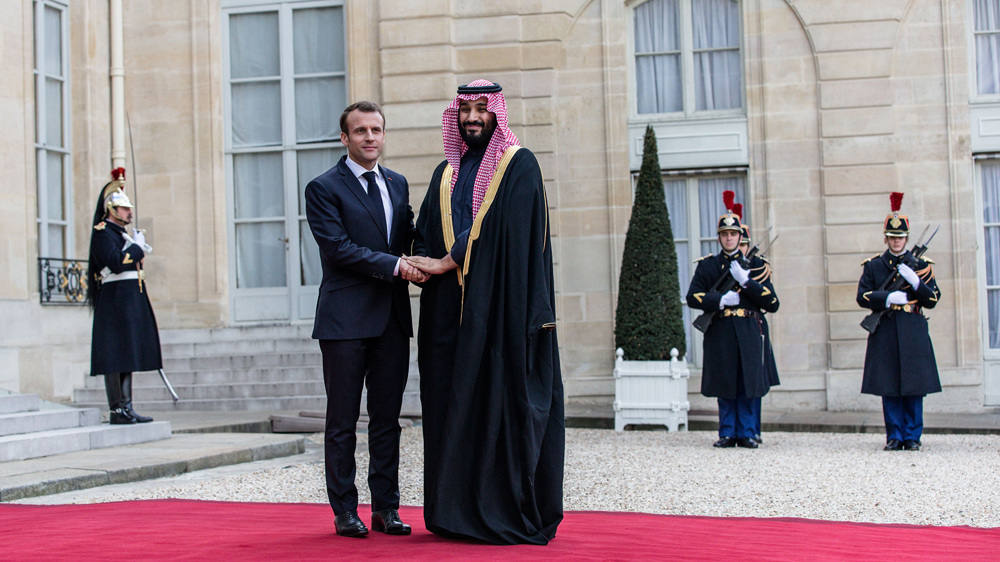
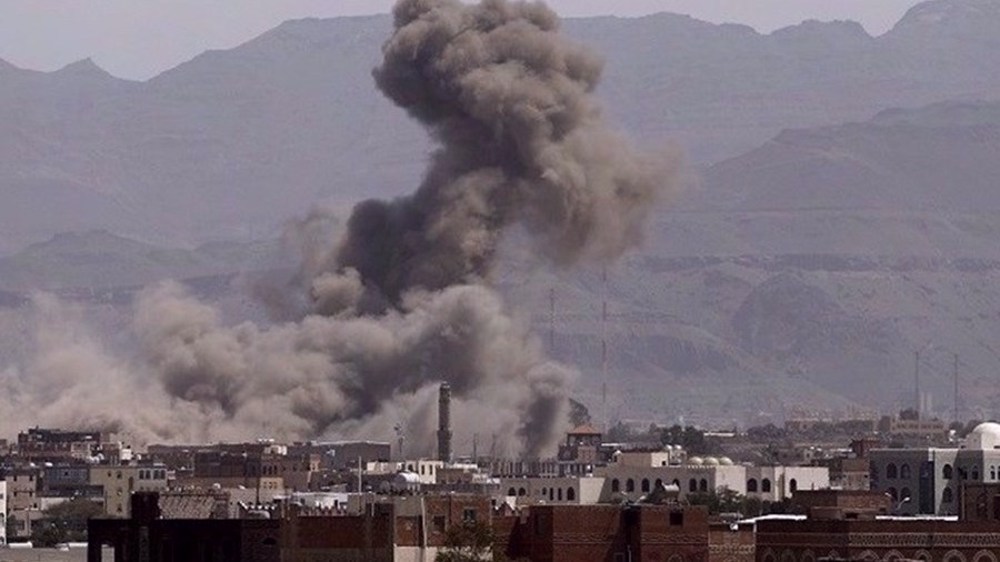
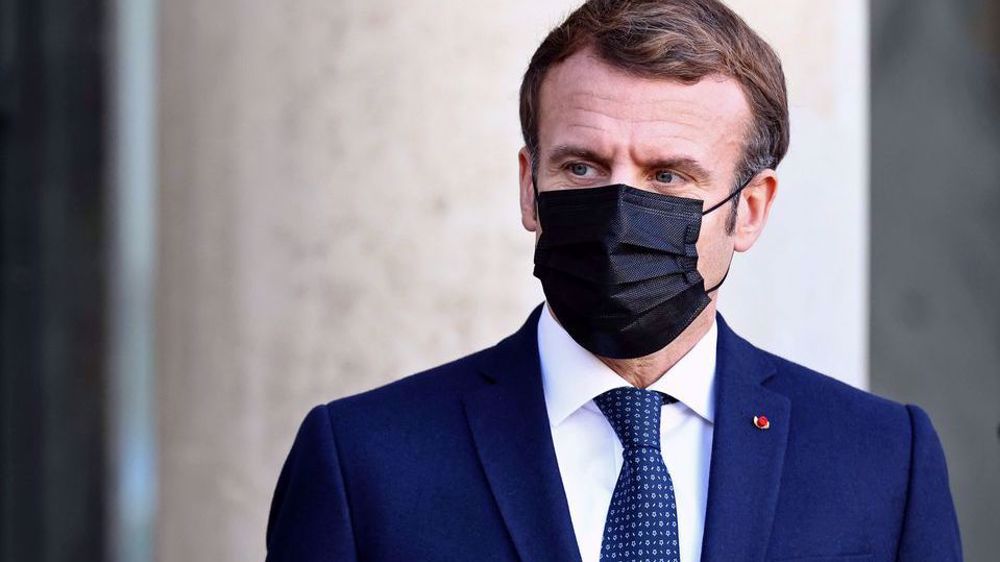
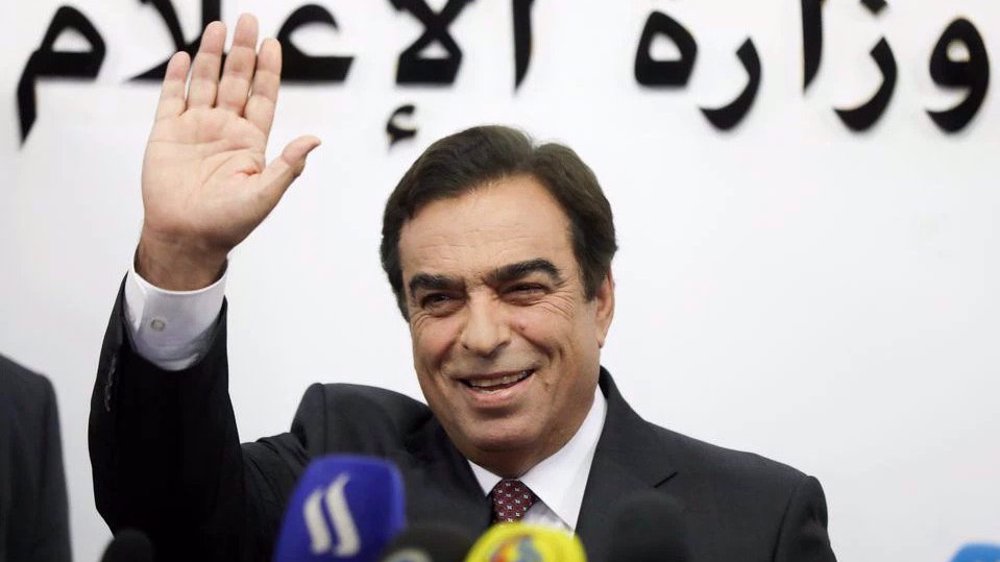
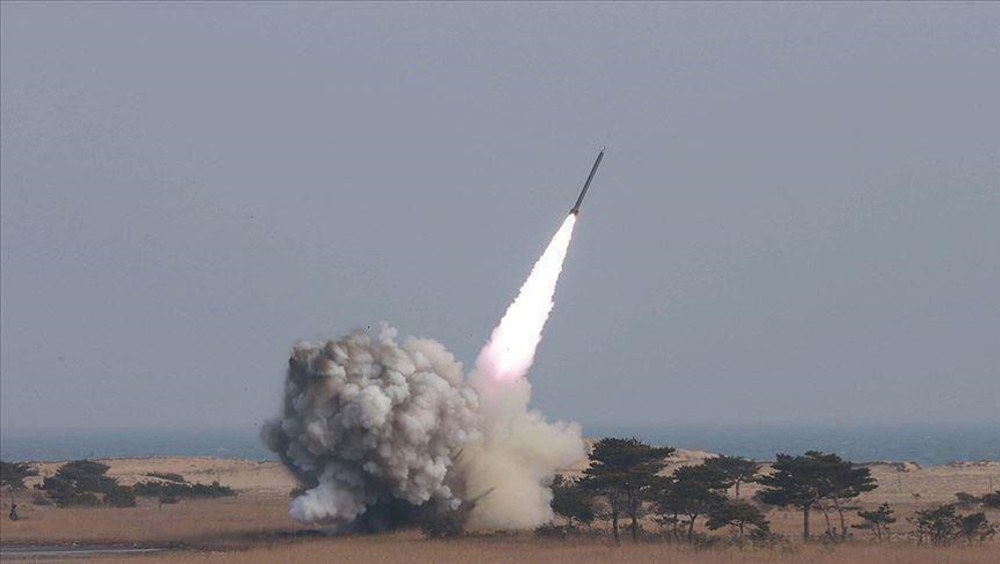
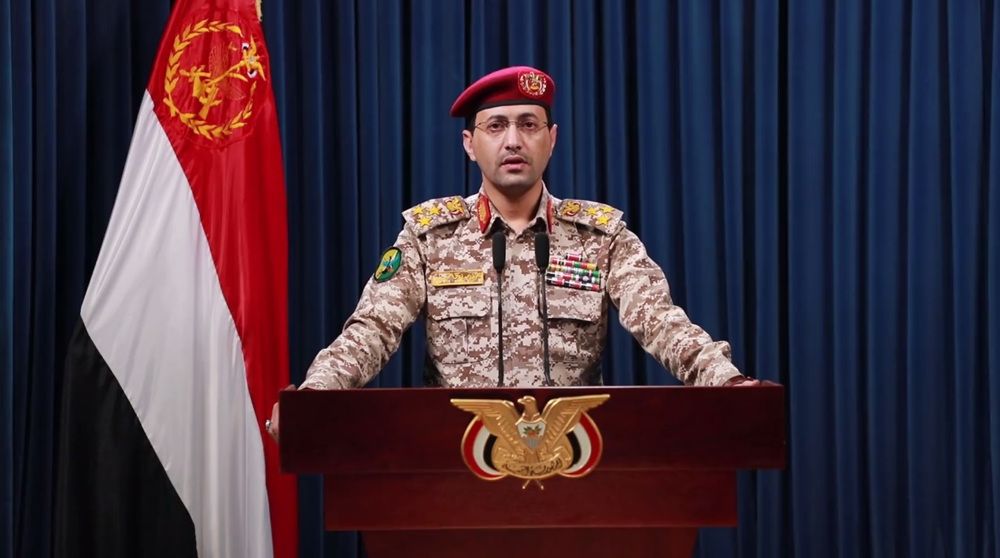
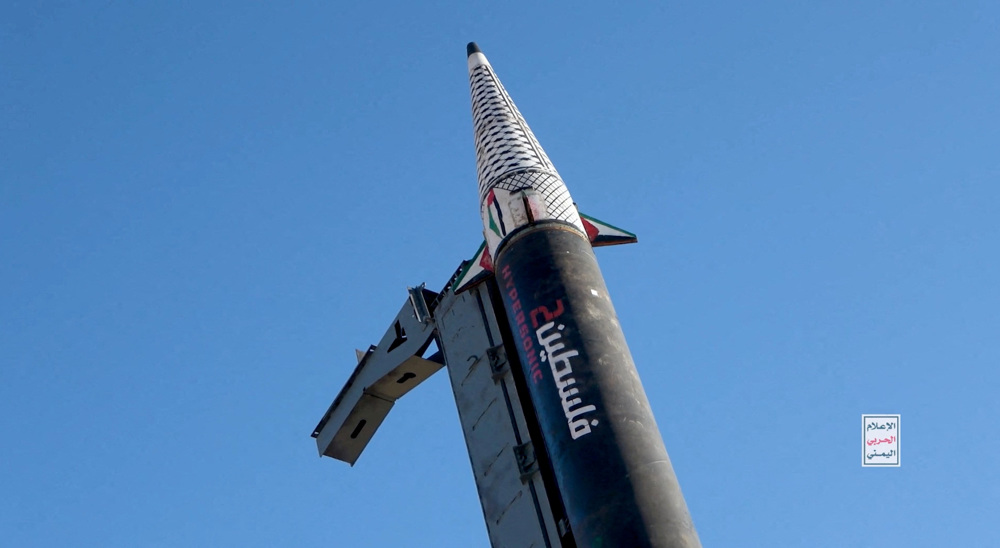



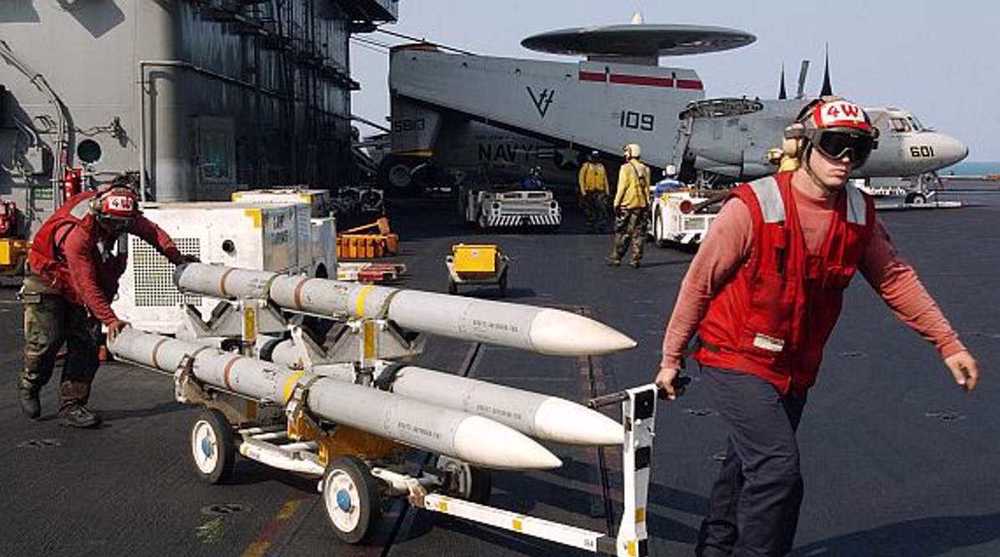
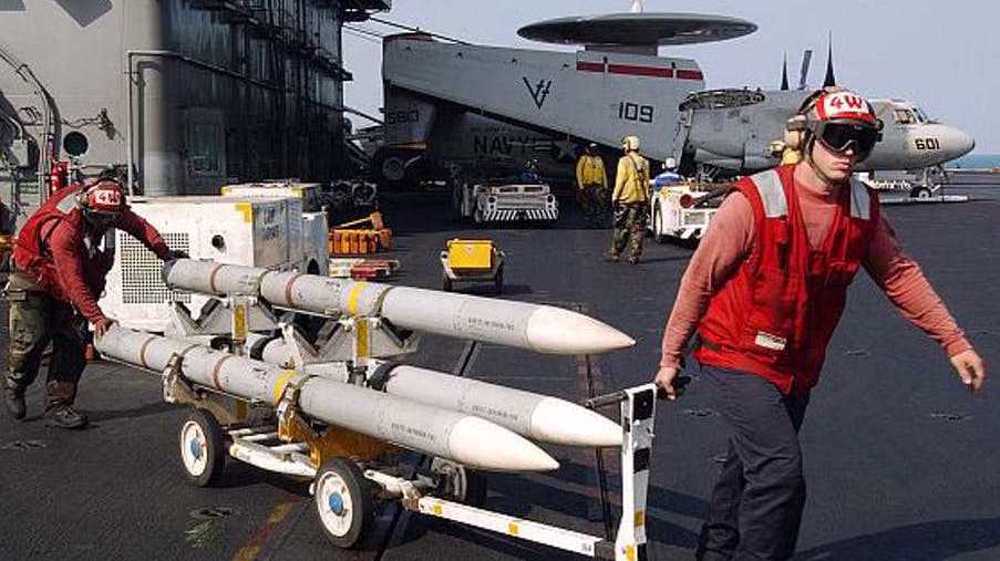
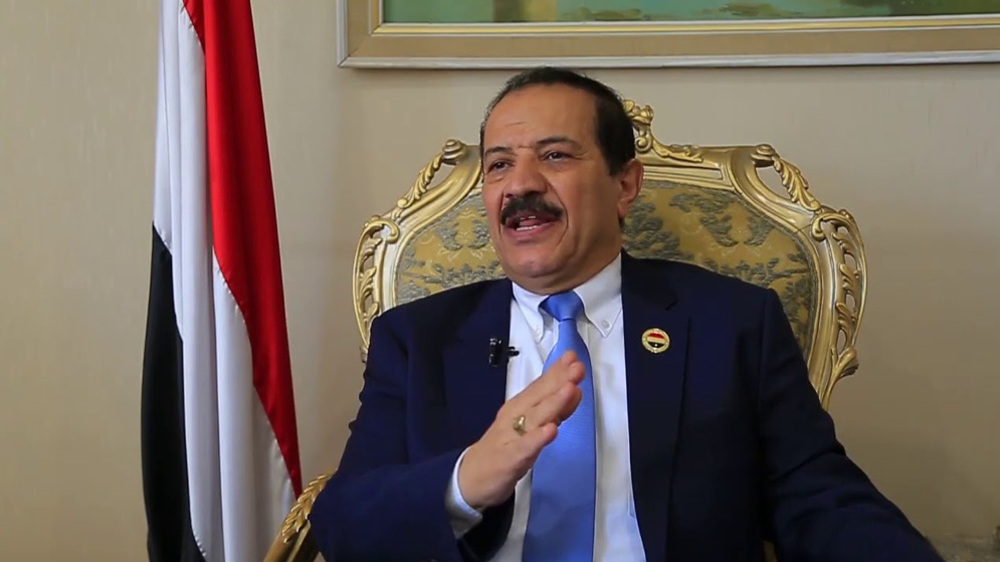
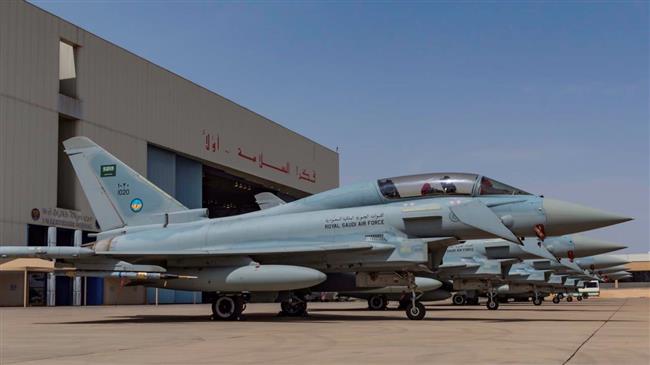
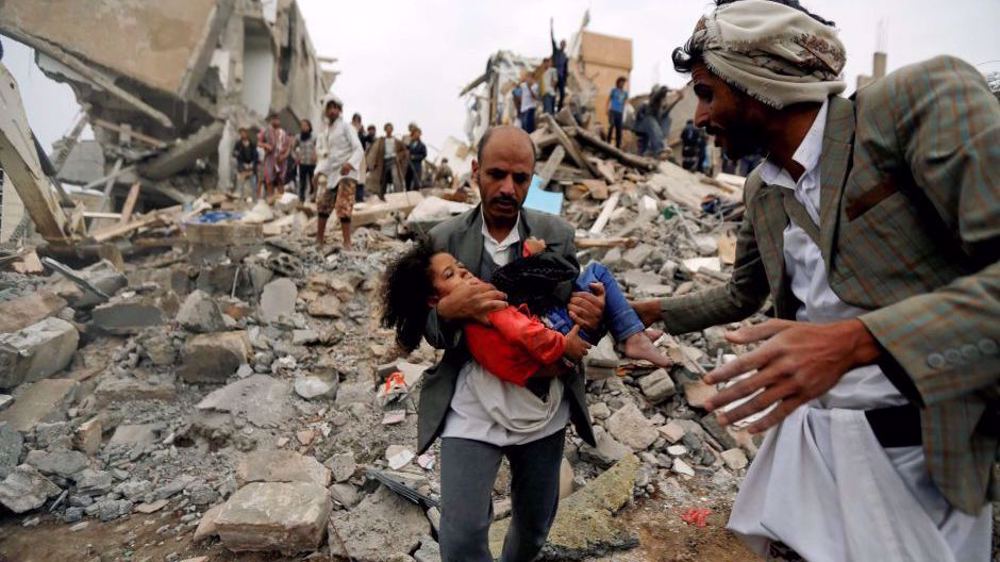

 This makes it easy to access the Press TV website
This makes it easy to access the Press TV website